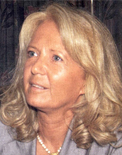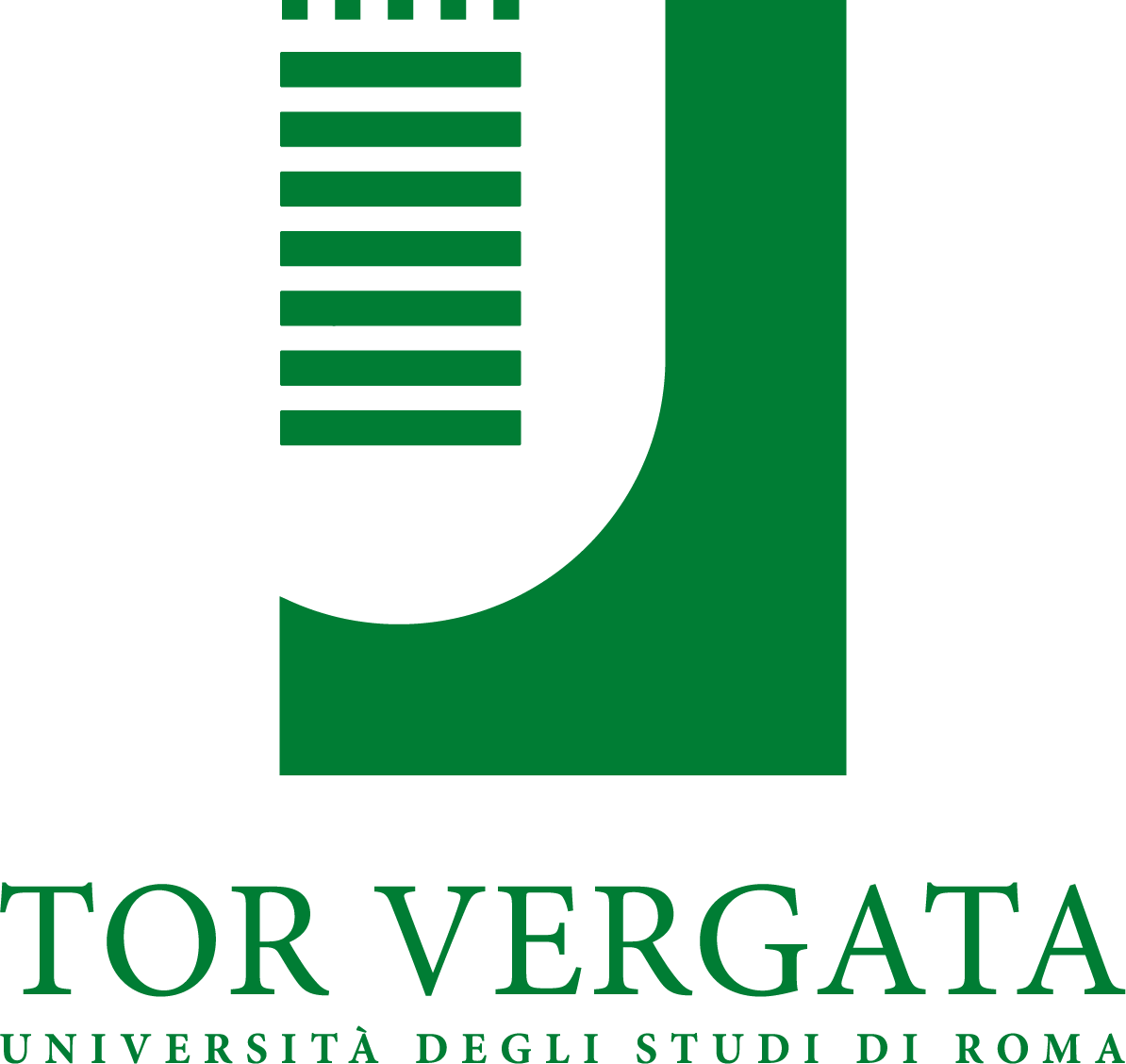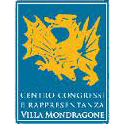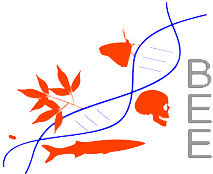Curriculum vitae:
M. Gabriella Santoro is professor of Virology at the University of Rome Tor Vergata. She graduated in Biology at the University of Naples, Italy, and continued her training in cell biology and virology in the US as post-doctoral fellow at the Washington University Medical School in St. Louis, and as lecturer at the SUNY Medical School in New York. Her chief scientific achievements include: identification of the role of prostaglandins in the control of tumor cell proliferation and detection of the molecular targets (Nature 263:777, 1976; Nature Biotechnol. 16:833, 1998; Nature 403:103, 2000); discovery of the antiviral activity of cyclopentenone prostanoids (Science 209:1032, 1980); discovery of the anti-rotavirus activity of thiazolides (Lancet 368:124, 2006). Her current research interests include: the biology of the stress response; signaling and regulation of NF-kB and its involvement in virus replication and cell survival; identification of novel molecular targets for antiviral chemotherapy. Prof. Santoro is an author of 3 books and more than 100 publications as first or last author in peer-reviewed international journals in virology, cell biology and biochemistry, an inventor of several international patents, and has been an invited speaker at more than 50 international scientific conferences. She is an elected member of EMBO and has received several prizes and distinctions for her work.
Financial support:
MIUR, PRIN Project 2011-2014. Title: Exploring the NF-kB/HSF signaling network in herpesvirus and rotavirus infection: implications for innovative strategies in antiviral therapy.
ROMARK Laboratories, US Research Project 2013-2015. Title: Antiviral activity of thiazolides
Main active collaborations:
- Dr. Oscar Burrone, Division of Molecular Immunology, ICGEB, Trieste, Italy
- Dr. Stuart Calderwood, Molecular and Cellular Radiation Oncology, Beth Israel Deaconess Medical Center, Harvard Medical School, Boston, USA
- Dr. Isabella Donatelli, Department of Virology, ISS, Rome, Italy
- Dr. Paul Evans, Department of Chemistry, University College Dublin, Dublin, Ireland.
- Dr. Stanley Roberts, Depart. of Chemistry, University of Manchester, Manchester, U.K.
- Dr. Antonio Rossi, Institute of Translational Pharmacology, CNR, Rome, Italy
- Dr. Andrew V. Stachulski, Robert Robinson Laboratories, Department of Chemistry, University of Liverpool, Liverpool L69 7ZD, U.K.
Research topics:
Novel molecular targets for antiviral chemotherapy.
Regulation of the stress response in viral infection and cancer.
Signaling and regulation of NF-kB and its involvement in inflammation and cell survival.
Prostaglandin biology.
The Science
The focus of our research is the understanding of the molecular mechanisms regulating the cellular stress response in viral infection and cancer. We are interested in elucidating how viruses control the expression of cellular and viral genes by activating/inactivating stress-regulated cellular transcription factors, with the double objective to characterize at the molecular level the pathogenetic events following the infection and to identify novel targets for antiviral chemotherapy.
A major field of interest of our laboratory is the comprehension of the functional role of the stress-regulated pro-inflammatory factor NF-kB in the control of viral infection and cell survival. We investigate the mechanism by which RNA and DNA viruses activate NF-kB in human cells, and have demonstrated a relevant role of NF-kB in the pathogenesis of influenza and herpesvirus infections. In addition to its role in virus infection and inflammation, NF-kB is involved in multiple aspects of oncogenesis, including virus-induced transformation and the control of apoptosis. Our lab has identified a group of compounds, the cyclopentenone prostanoids and several synthetic prostanoid mimetics, which inhibit NF-kB by direct binding to the beta subunit of the IKK signalosome, and is investigating their anti-neoplastic activity in cancer cells characterized by aberrant regulation of the nuclear factor, including aggressive B-cell malignancies, melanoma and chemoresistant breast cancer.
We have also discovered a cross-talk between NF-kB and HSF1, the heat shock transcription factor responsible for the expression of cytoprotective heat shock proteins during stress. The study of the non-canonical function of HSF1 is another major interest of our lab, and we are now investigating the signaling pathways involved in HSF1 regulation during viral infection. We are particularly interested in elucidating the role of HSF1 in the control of viral mRNA expression and cell survival during infection with RNA viruses, including influenza viruses and rotaviruses. These studies include the investigation of the molecular mechanisms at the basis of the control of the host cell translational apparatus by RNA viruses and the regulation of interferon-like responses.
A more recent interest of our lab is the characterization of post-translational modifications of viral proteins. We have recently identified a class of thiazolides able to selectively interfere with specific viral proteins during influenza virus and rotavirus infections. These studies have led to the identification of nitazoxanide as a novel anti-influenza drug, acting at a level different than the currently available drugs by selectively blocking the viral hemagglutinin maturation and intracellular trafficking, consequently impairing the correct assembly of progeny virions. This drug is actually in a global Phase 3 clinical trial.
Selected Publications
Rossi A, Riccio A, Coccia M, Trotta E, La Frazia S and Santoro MG. (2014) The proteasome inhibitor bortezomib is a potent inducer of zinc-finger AN1-type domain 2a gene expression: role of HSF1/HSF2 heterocomplexes. J. Biol. Chem. 289: 12705-12715.
La Frazia S, Ciucci A, Arnoldi F, Coira M, Gianferretti P, Angelini M, Belardo G, Burrone O, Rossignol JF and Santoro MG. (2013) Thiazolides, a new class of antiviral agents effective against rotavirus infection, target viral morphogenesis inhibiting viroplasm formation. J. Virol. 87: 11096-11106.
Brunelli C, Amici C, Angelini M, Fracassi C, Belardo G and Santoro MG. (2012) The non-steroidal anti-inflammatory drug indomethacin activates the eIF2α kinase PKR, causing a translational block in human colorectal cancer cells. Biochem. J., 443: 379-386.
Rossi A, Coccia M, Trotta E, Angelini M and Santoro MG. (2012) Regulation of cyclooxygenase-2 expression by heat: a novel aspect of heat shock factor 1 function in human cells. PLoS ONE, 7: e31304.
Rossi A, Trotta E, Brandi R, Arisi I, Coccia M and Santoro MG. (2010) AIRAP, a new human heat shock gene regulated by Heat Shock Factor 1. J. Biol. Chem. 285: 13607-13615.
Belardo G, Piva R, Santoro MG. (2010) Heat stress triggers apoptosis by impairing NF-kappaB survival signalling in malignant B cells. Leukemia, 24: 187-196.
Rossignol JF, La Frazia S, Chiappa L, Ciucci A and Santoro MG. (2009) Thiazolides, a new class of anti-influenza molecules targeting viral protein hemagglutinin at post-translational level. J. Biol. Chem., 284: 29798-29808.
Caselli E, Fiorentini S, Amici C, Di Luca D, Caruso A and Santoro MG. (2007) Human herpesvirus 8 acute infection of endothelial cells induces monocyte chemoattractant protein 1-dependent capillary-like structure formation: role of the IKK/NF-kB pathway. Blood, 109: 2718-2726.
Rossignol JF, Abu-Zekry M, Hussein A and Santoro MG. (2006) Effect of nitazoxanide for treatment of severe rotavirus diarrhoea: randomized double-blind placebo-controlled trial. Lancet, 368: 124-129.
Rossi A, Ciafre’ S, Balsamo M, Pierimarchi P and Santoro MG. (2006) Targeting the Heat Shock factor 1 by RNAi: a potent tool to enhance hyperthermochemotherapy efficacy in cervical cancer. Cancer Res., 66: 7678-7685.
Amici C, Rossi A, Costanzo A, Ciafrè S, Marinari B, Balsamo M, Levrero M and Santoro MG. (2006) Herpes Simplex virus disrupts NF-kB regulation by blocking its recruitment on the IkBa promoter and directing the factor on viral genes. J. Biol. Chem., 281: 7110-7117.
Piva R, Gianferretti P, Ciucci A, Taulli R, Belardo G and Santoro MG. (2005) 15-Deoxy-12,14-prostaglandin J2 induces apoptosis in human malignant B-cells: an effect associated with inhibition of NF-B activity and downregulation of anti-apoptotic proteins. Blood, 105: 1750-1758.
Research group:
Prof. M. Gabriella Santoro – Professor – santoro@uniroma2.it – +3906-7259-4822
Prof. Carla Amici – Associate Professor – carla.amici@uniroma2.it
Dr. Simone La Frazia – Assistant Professor – simone.la.frazia@uniroma2.it
Dr. Marta Coccia – Post doc – c_marta1@yahoo.it
Dr. Sara Piacentini – Post doc – sara.piacentini@uniroma2.it
Dr. Calogero Catanese – PhD student
Dr. Anna Riccio – PhD student
Dr. Sofia Scomazzon – PhD student






Università di Tor Vergata